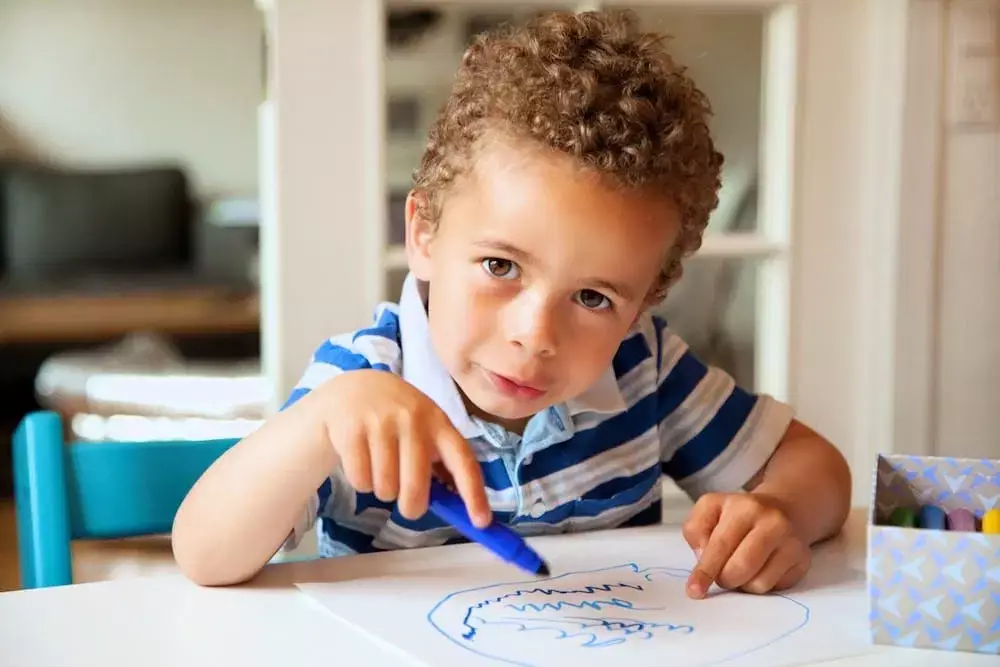Parenting is a journey filled with hopes and challenges, especially when it comes to raising children who exhibit heightened sensitivity. Many parents aspire to cultivate kindness, compassion, and a sense of responsibility in their offspring, hoping they’ll contribute positively to society. However, it can be particularly demanding for those raising sensitive children who experience emotions more profoundly than their peers. As educators and caregivers, it’s imperative to recognize and appreciate these traits while navigating the often tumultuous waters of emotional development.
Sensitive children are typically characterized by their deep empathy and awareness of others’ feelings. This heightened sensitivity, while enriching, can also pose various challenges in daily life situations. For parents witnessing meltdowns or heightened anxiety in their sensitive children, it is crucial to adopt a nurturing and understanding approach. Fostering an environment conducive to emotional expression will aid in guiding these children toward flourishing emotional intelligence.
The Dynamics of Empathy and Emotional Expression
Emotional awareness in sensitive children is a double-edged sword. While these children may exhibit remarkable compassion and kindness, their propensity to internalize feelings can lead to overwhelming emotional experiences. Recognition of both the gifts and struggles associated with sensitivity allows parents to tailor their caregiving methods accordingly. Creating strategies that foster emotional safety will enable children to navigate their feelings more effectively.
One extraordinary approach is through role-playing. Engaging in imaginative play where children can assume different perspectives helps them understand complex situations and the feelings of others. For instance, simulating a doctor’s visit or enacting scenarios that evoke strong emotions can aid children in comprehending the tapestry of human experience. Explaining circumstances through relatable actions dispels fear and reassures them that challenges are surmountable.
Moreover, sensitive children often react strongly to distress, such as crying from other children or animals. Demonstrating how to respond to these situations compassionately, rather than allowing anxiety to spiral, instills valuable coping strategies. Parents can model acknowledging feelings, finding fulfillment in helping others, or simply being present to provide comfort.
Open lines of conversation between parent and child are indispensable in managing overwhelming emotions effectively. Children may lack the vocabulary to articulate their feelings, leading to frustration or behavioral problems. Utilizing tools such as picture books and visual aids can form a bridge to understanding and expressing emotions. These resources can validate children’s feelings and make the daunting process of emotional processing more approachable.
Additionally, encouraging children to depict their emotions through creative outlets—such as drawing, painting, or playing music—facilitates a healthy release of pent-up feelings. Encouraging expression through art or sports not only channels their energy positivity but also helps them understand the importance of emotional regulation.
Instead of criminalizing tantrums, it is beneficial to explore what triggers such intense reactions. As parents, observing the moments when emotional responses peak can offer crucial insights into their child’s sensitivities. It’s often a signal of being overstimulated or feeling overwhelmed. Approaching these meltdowns with empathy rather than frustration paves the way for healing and understanding.
In emotional tumult, a hug can transcend words, providing comfort to an upset child. Simple physical affection can foster connection and reassurance—reinforcing the concept that it’s okay to feel upset and that support is always available. This physical act not only comforts them but also teaches them to be present for others in emotional distress.
Moreover, letting sensitive children lend a helping hand in family responsibilities, such as caring for a pet or assisting with household chores, allows them to experience a sense of contribution. Sensitive children often thrive on helping others, and recognizing their strengths can empower them. This nurturing of her compassionate instincts teaches them how to translate their emotions into positive actions.
Equipping sensitive children with empathy is a valuable life lesson. Engaging them in thoughtful conversations about kindness, compassion, and emotional understanding reinforces social skills that will benefit them throughout their lives.
Moving Forward: Embracing Sensitivity
Raising sensitive children requires a unique blend of patience, insight, and nurturing direction. Recognizing and embracing their empathetic nature will help them develop resilience and emotional intelligence as they grow. While the road may be filled with emotional ups and downs, maintaining an open dialogue about feelings and fostering a compassionate environment remains integral.
Instead of framing their sensitivities as mere challenges, viewing them as enriching qualities will alter the narrative. Sensitive children possess an extraordinary capacity for connection; it is essential to fuel and guide that empathy to craft a more compassionate world. By cherishing their sensitivity, parents can cultivate strong, emotionally intelligent individuals capable of navigating life’s complexities with empathy and grace.

